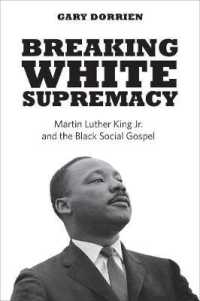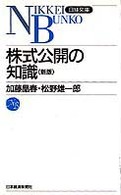Full Description
The gap between low- and high-SES student college enrollment has not diminished in decades. This volume provides an overview of the current research on this problem and provides ideas and insights that may help reduce the gap. It integrates the research on low-SES, low-income, working-class, and first-generation students' access to, enrollment and experiences in, and outcomes of college. The author suggests economically and educationally challenged (EEC) students as an umbrella term for these overlapping categories of students and provides reasons why such a term may be appropriate. The volume reviews how scholars define socioeconomic status and its component variables and how those definitions are used in higher education research. It also highlights conceptual frameworks and models used in research on these students and reviews EEC students' access to, experiences in, and outcomes of college attendance. Students with multiple identities -- for example, being from a particular social class while also belonging to specific racial, ethnic, and gender groups -- are discussed as well.Since these students disproportionately attend particular types of institutions, organizational responses and policies specific to this group of students are also addressed. The volume concludes with implications and recommendations for researchers, practitioners, and policymakers. This is the third issue in the 33rd volume of the Jossey-Bass series ASHE Higher Education Report . Each monograph in the series is the definitive analysis of a tough higher education problem, based on thorough research of pertinent literature and institutional experiences. Topics are identified by a national survey. Noted practitioners and scholars are then commissioned to write the reports, with experts providing critical reviews of each manuscript before publication.








